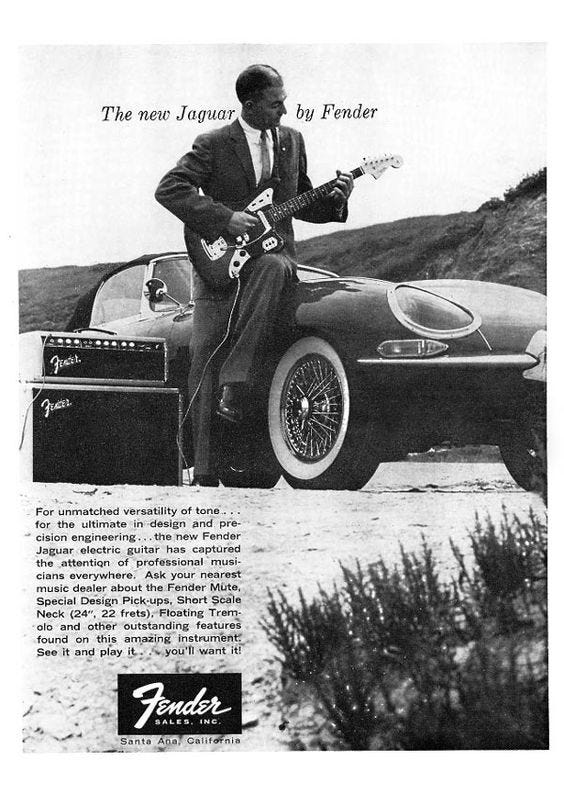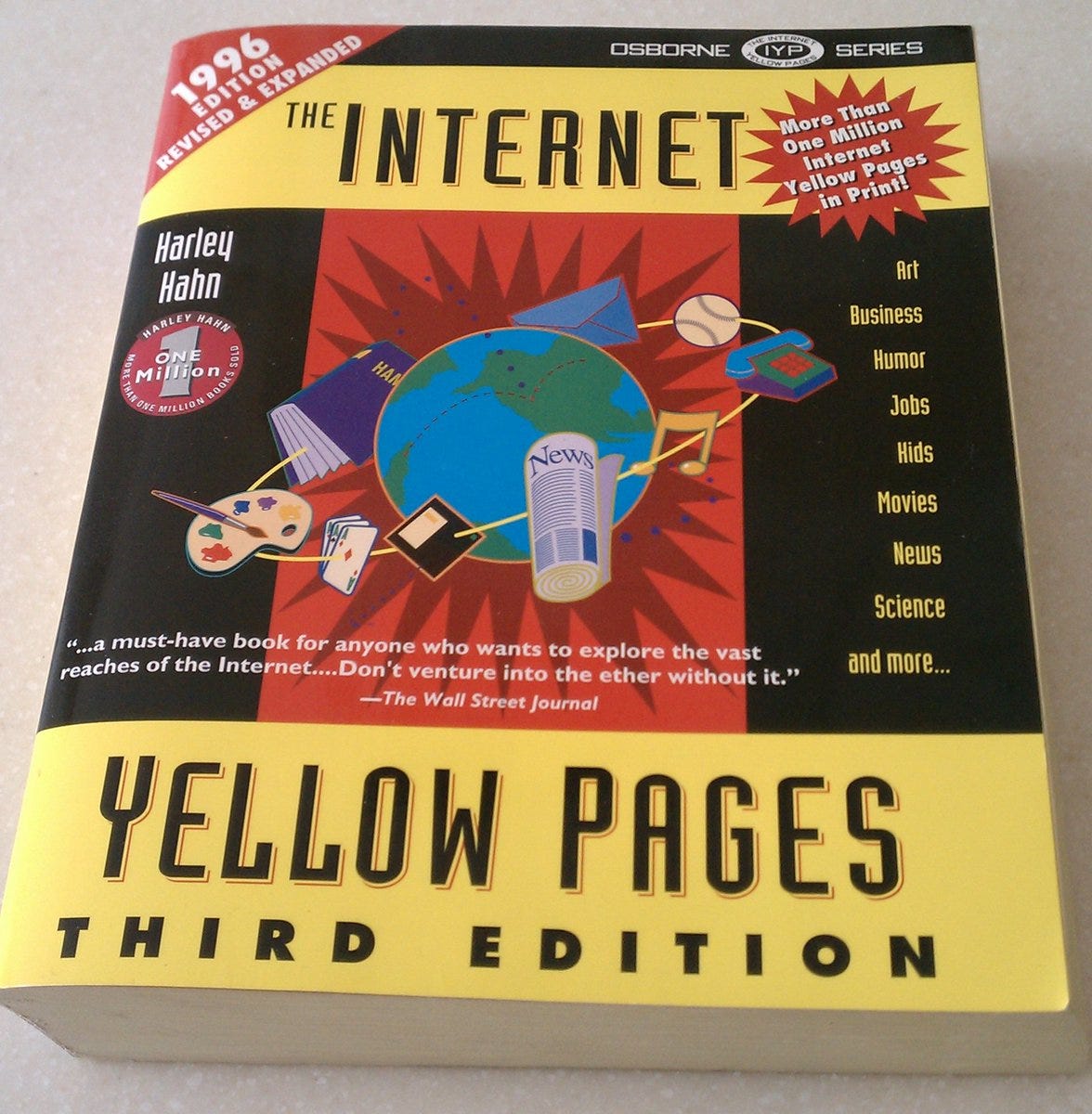A Plan to Preserve Music for 1,000 Years
And other links, images, and amusements (including a new business concept)
Here’s an assortment of links, images, videos, and various amusements—as well as a music business concept. I’ll be back soon with more longform music writing.
The Honest Broker is a reader-supported newsletter. Both free and paid subscriptions are available. Those who want to support my work are encouraged to take out a paid subscription.
Let’s start out with a bang—or, at least, a picture of one. This is the BBC’s sound effects department in 1927. Special effects were simpler in those days.
A Norwegian company is building a doomsday vault to preserve the world’s most important music recordings for at least 1,000 years. The technology involves “high density codes” stored on an especially durable optical film—even capable of surviving the electromagnetic pulses from a nuclear explosion.
Here’s a related business idea: I suspect there’s demand for digital platforms that make a similar promise. The business I’m envisioning would use blockchain technology to ensure that a song could never be deleted from the Internet—because of the inherent fail-safe properties of blockchains (which store important data in enough places to prevent erasure, even potentially in satellites or other vault-like locales).
The song might not last forever, but this certainly would offer a better guarantee of survival than any of the current music platforms. Accidental deletion—for example, the time MySpace erased 50 million songs by mistake—simply wouldn’t happen, nor could deliberate cancellation. Would musicians pay to have their songs preserved in this manner? I’m sure they would—and the same is true of poets, essayists, photographers and other creative professionals.
My preferred name for this business is Ozymandias, which has a nice high-tech, Silicon Valley sound to it.
Check out this new transcription of Hampton Hawes playing “I Got Rhythm”—which refutes the notion that West Coast jazz in those days was always cool and laid-back.
When Charlie Parker first arrived in Los Angeles in 1945, he spent a lot of time with 17-year-old Hawes, mostly because the teenager had access to a car and volunteered his services as chauffeur. But the young pianist clearly received some bebop tips from the master as part of the deal.
By comparison, here’s composer George Gershwin playing the same song. The style is very different—but Gershwin demonstrates undeniable skills as a stride pianist.
A Dutch trombonist has gathered evidence that Van Gogh set up a brass band in his village—and it’s still performing today.
The NBA finals are a letdown this year. But I can still cherish the time when the NY Times compared the NY Knicks’ triangle offense to the Miles Davis quintet.
“The highest rated concert halls acoustically were built before 1901. They are Grosser Musikvereinssaal in Vienna, Symphony Hall in Boston, and Concertgebouw in Amsterdam. All three are rectangular (shoebox) in shape and have lightly upholstered seats….”
Here are the 10 concert halls with the highest ranking:
I’m planning an article on the history of musical instruments as weapons—but here’s one of the most striking examples: In 1942, Conn (the first American saxophone company) announced that the metal in its horns would be used instead for anti-aircraft guns, field howitzers, and bullets.
He’s got plenty of nothin’: A Florida man claims he invented invisible sculptures, and threatens to sue other artists who try to do the same. When asked for a comment, he told a journalist” “All I can say personally is that Nothing is very important to me.”
Porsche is developing a system to deliver background music that matches your driving style. “When you decide to push the limits of your car, a beat thumps and the music speeds up, swelling to match each weave, with a popping bassline that surges when you tap the brakes to set up a turn.”
Roads could even have their own soundtrack.
But Fender anticipated this idea 60 years ago with its Jaguar electric guitar.
“Meet the Mystery Woman Who Mastered IBM’s 5,400-Character Chinese Typewriter. Lois Lew operated the improbable, ill-fated machine with aplomb in presentations from Manhattan to Shanghai. 70-plus years later, she’s telling her story.”
A 60-year-long study indicates that playing music is associated with better performance in memory tasks—no matter what age you begin playing.
Filed under “Business ideas that were unclear on the concept.”
Colette Maze has been playing the piano for 104 years. That has to be a record, no?
Here are Schopenhauer’s 38 ways of winning an argument. And he figured all this out before social media.
The US Navy once tried to turn whale songs into a secret code.
Berkeley researchers have constructed an interactive map that classifies music on the basis of 13 emotions—and you can click on examples.
Finally, here’s what a high-tech audio system looked like 85 years ago—Crosley Radio Corporation’s 1936 “WLW Model Super-Power Radio Receiver.” It still looks impressive.












Get involved with ye olde archive! https://blog.archive.org/category/music/
I can't say I share the opinion that the NBA finals are a letdown this year, but to each his own (go Suns ;)). Enjoyed this collection of miscellany!